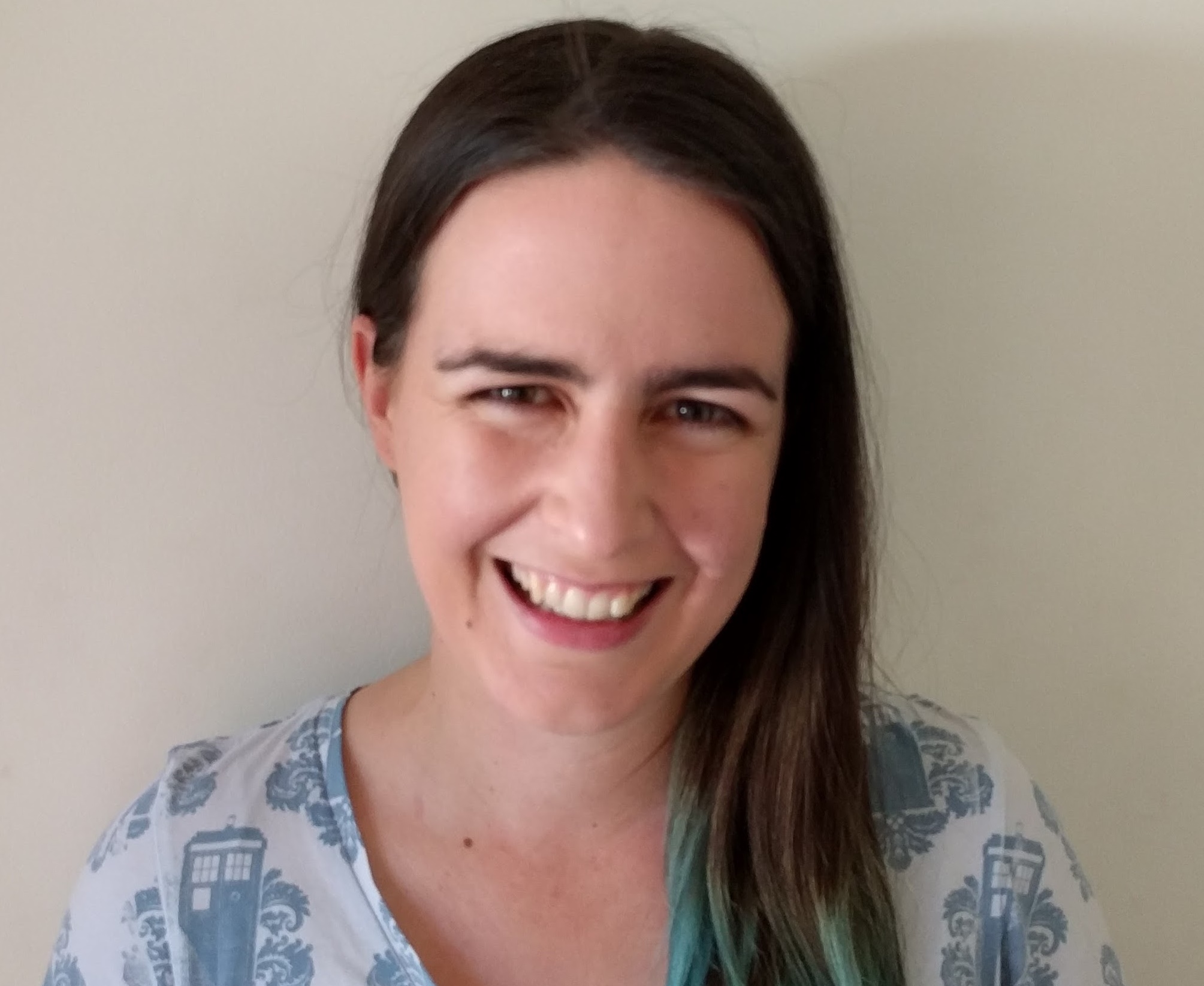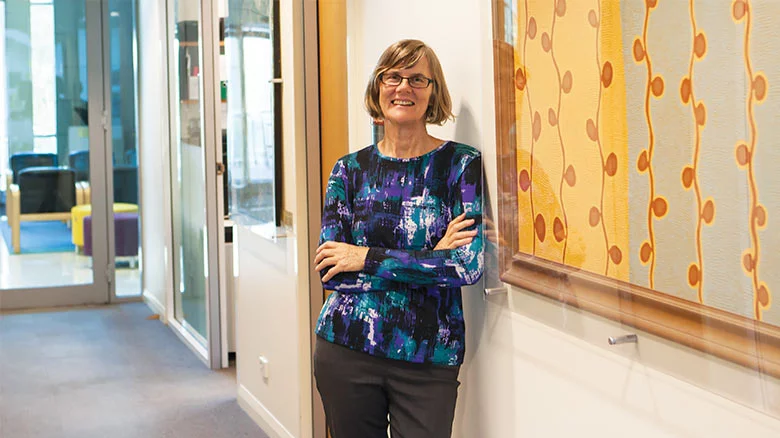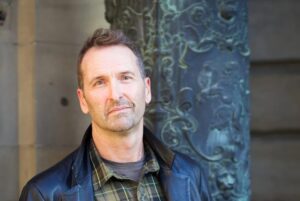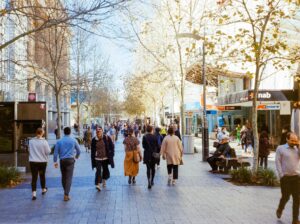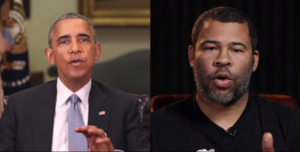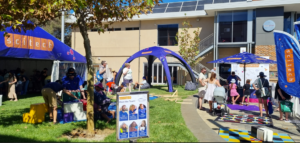If you eat Australian bread you can thank Carol and her team for the extra folate in your diet.
In the early 1990’s, Carol’s research with the Telethon Kids Institute found a direct link between folate and the prevention of neural tube defects in babies.
But just finding the link wasn’t the end of Carol’s story with folate. She was determined to see the results of her research put into action.
Starting in 1994, Carol became a vocal advocate for policy change, and in 2009 adjustments to the Australian law were made to ensure bread contained added folate.
As the 2019 inductee into the WA Science Hall of Fame, Carol’s work has always been more to her than something to be filed away for reference.
“I’ve always been keen for whatever research I did to be useful,” Carol says.
Creating a register of birth defects
Much earlier in her career – well before their breakthrough research in folate – Carol worked alongside another pioneering WA scientist.
She was involved in setting up the WA Register of Developmental Anomalies with Fiona Stanley. The register was the first of its kind in Australia and is considered the gold-standard across the industry.
“It [the registry] was set up in the wake of concerns about Agent Orange use in Vietnam, and whether veterans might have an increased risk of having a child with a birth defect,” Carol says.
Back in the 70s, Australia did not have good data on birth defects. The register provided a solution to that, giving health professionals a database of information to learn from.
Using the register, they could now track and learn more about the causes, effects and treatments for different anomalies.
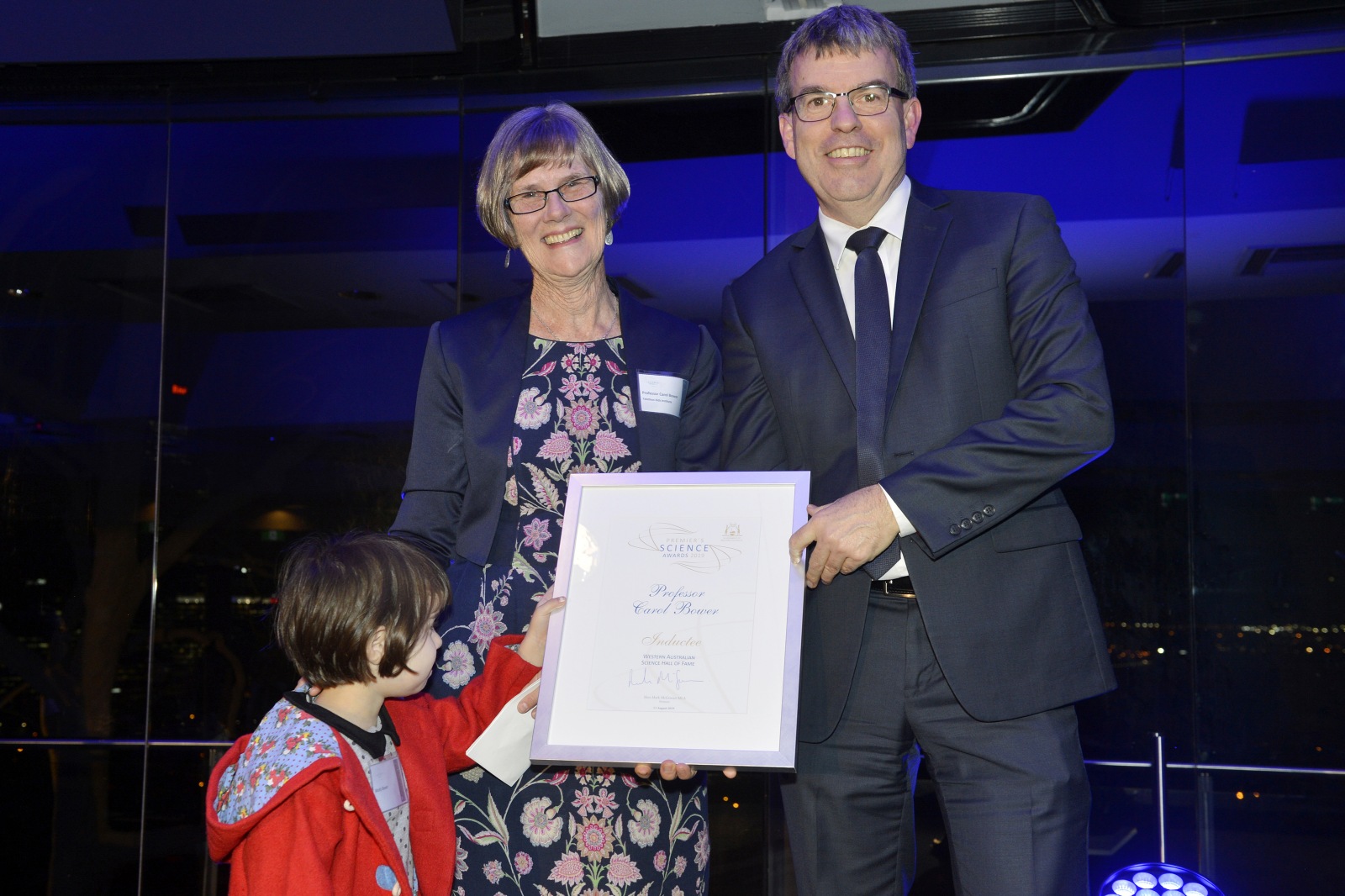
Today, countless research projects use the register and it’s led to many important public health findings.
“A lot of the research I’ve done has used the register as the basis/framework,” Carol says.
Up until 2011, the registry was voluntary but has since been made mandatory – a change that had strong support from parents and carers.
“[Parents] wanted to have information collected about birth defects and to look at what might be the causes and treatments,” Carol says.
“[It’s also used] to see if screening techniques are working in the way they’re supposed to and look at management. What was the size of the problem and how might those families be supported?”
Similar registries have since been set up across Australia.
WA – an epidemiologist’s dream
The unique features of WA’s small, isolated population have helped Carol’s research.
“WA is large but relatively isolated, so we don’t lose track of people to treatment in other centres. There’s no flooding across the border to go to a hospital somewhere else…it’s relatively easy to have good data on the whole population,” Carol says.
WA also has good health related datasets, such as information on births and deaths. This makes it easier for scientists to discover the causes and effects of diseases and implement and monitor effective solutions.
“Because WA is relatively small in many ways, you can be fairly well connected, for example to people in the health department and government,” Carol says.
The Banksia Hill project
Fetal Alcohol Spectrum Disorder (FASD) is Carol’s most recent research specialty.
FASD occurs when alcohol damages a fetus’s brain during pregnancy.
“[FASD] effects [a child’s] executive functioning, their language and memory,” Carol says. “These children aren’t able to relate cause with effect, to learn from experience, to remember things.”
Research out of the USA and Canada showed a link between FASD and juvenile justice.
Carol and her team, including Shell Aboriginal STEM student of the year Sharynne Hamilton, are investigating this link in WA.
They found 89% of young people in detention had a neurodevelopmental impairment, with 36% having FASD.
“[Children with FASD] can be easily led, they often have mental health and alcohol and drug problems themselves,” she says. “It’s not that surprising that they might get in trouble with the law.”
Using these findings, we can now start to create programs to prevent these vulnerable people from engaging with the justice system and, if they do, be better able to support and rehabilitate them.
Sharing research
Carol’s research has had a profound impact on the health of many Australians, and she sees it as her duty to communicate her research to the community.
“I’m proud of the involvement of consumers and the community in our research,” Carol says.
“Research is – in large part – funded by tax payers’ money and it’s ultimately for the benefit of the community. It’s important consumers have a major role and say in what research is done, how it’s done and what’s done with the results.”
“I’m glad the work I do can help kids and families.”


